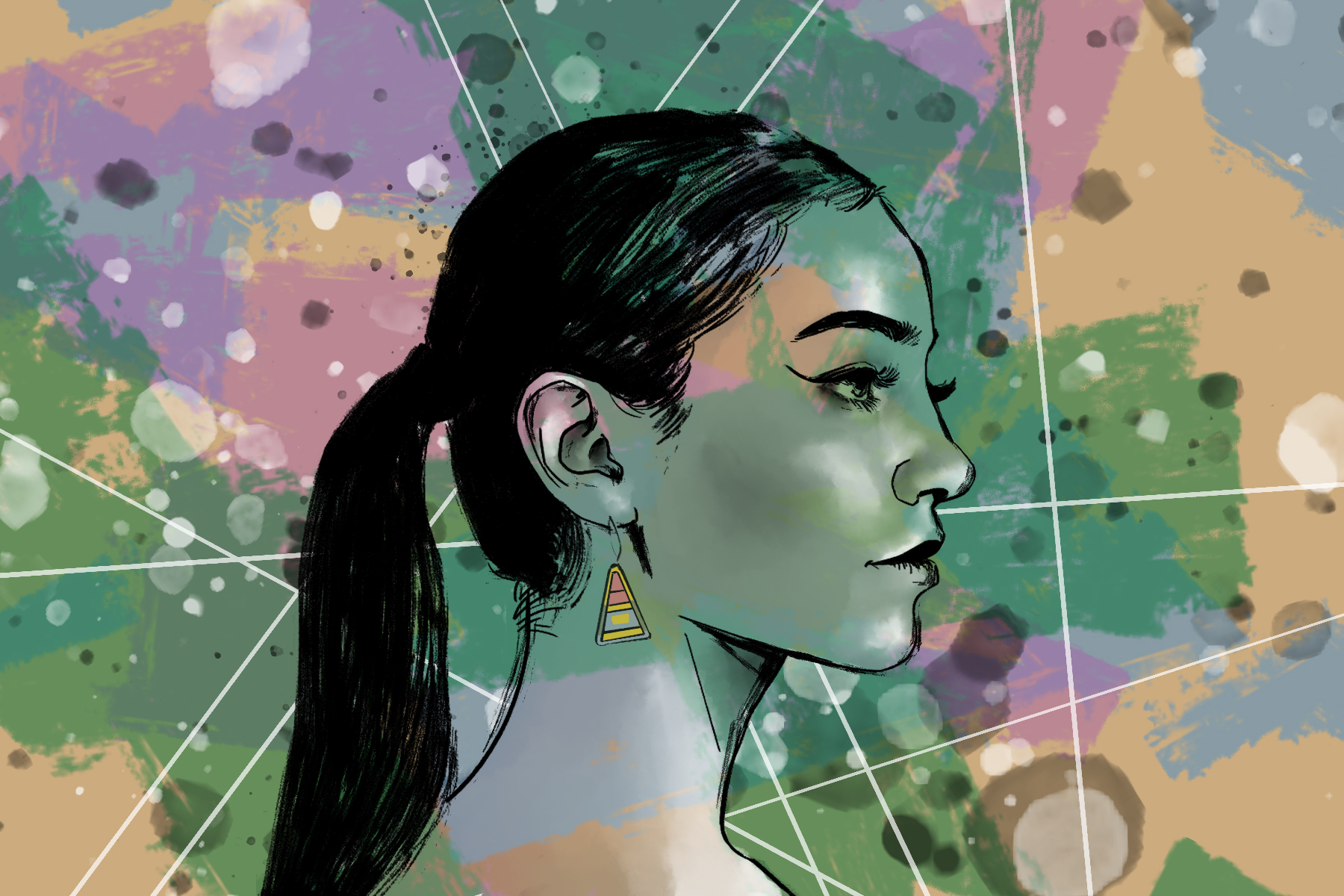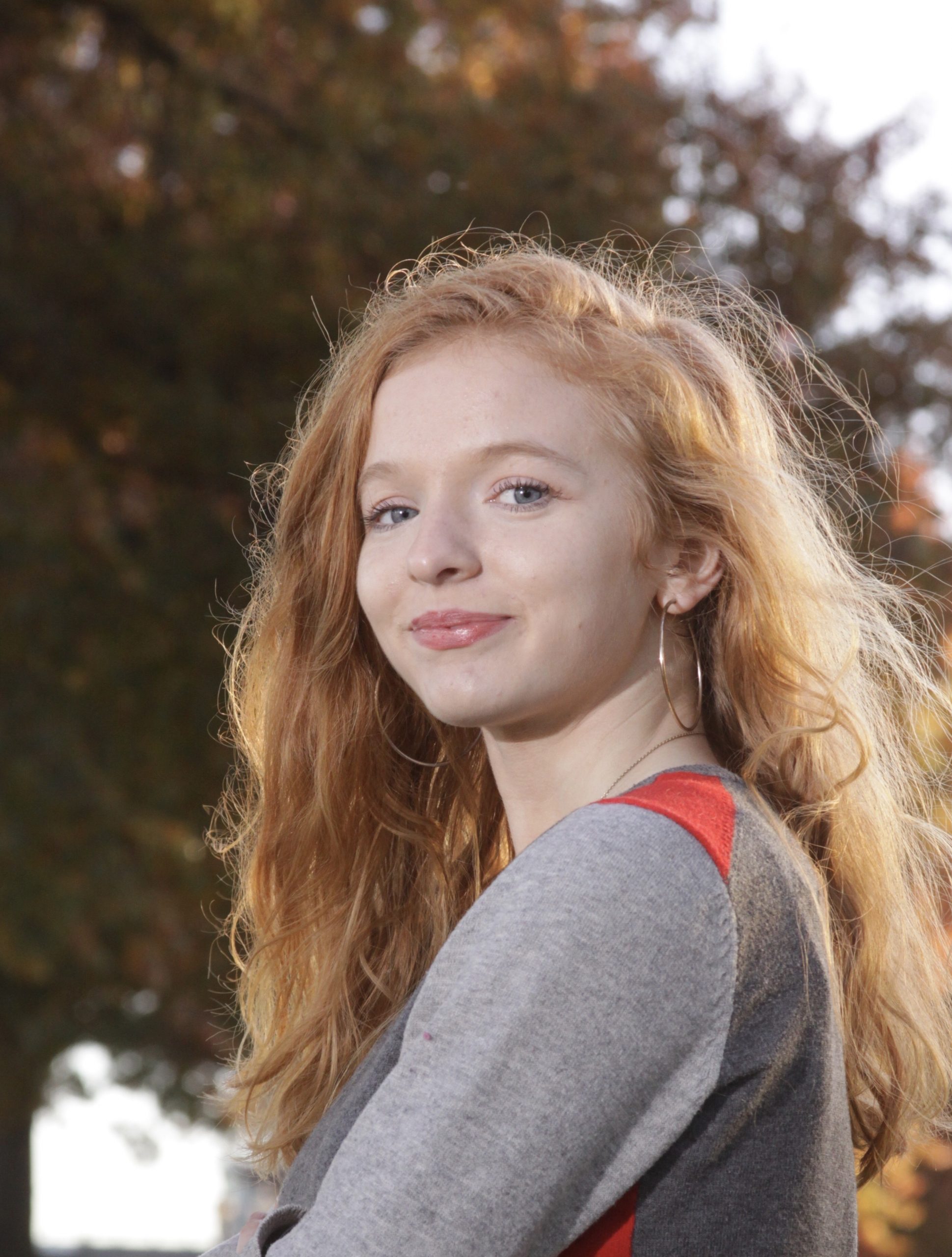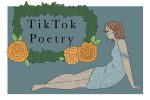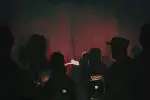A student at Yale University, Kinsale Hueston is well-known for her poetry, much of which focuses on her personal story as a Navajo woman. She has won multiple awards for her writing, including three National Scholastic Gold Medals for poetry, the Yale Young Native Storytellers Award for Spoken Word/Storytelling and in 2017-2018, she was named a National Student Poet. In 2019, Time Magazine named Hueston one of the “34 Optimists Changing How We See the World.”
It’s not only the awards that the 20-year-old is known for, but her compassion for creating welcoming conversations with others, connecting with her community and appreciating true beauty within art. She is the founder of the Changing Womxn Collective, a digital literary program that serves to uplift the marginalized voices of women, femmes and non-binary people of color — a platform that she had dreamed of creating long before achieving literary recognition.
View this post on Instagram
Now, with over 89,000 followers on Instagram, Hueston is using her platform as a female entrepreneur and Indigenous poet to advocate for issues that are close to her heart. Born and raised in Orange County, California, Hueston understands the difficulties people in her hometown face, especially during the pandemic.
Hueston split her time between Orange County and the Navajo reservation that her mom was from. “It just was very, very difficult, dealing with the isolation. Less than one percent of the population is Native and going somewhere, where pretty much everyone is Native, there’s a very nice support system, with the Native community.”
In Hueston’s poetry, her grandmother is a recurring figure. In “squashblossom,” the narrator kisses her departed grandmother’s forehead during the funeral ceremony “to whisper her to sleep.” In “Grandmother,” she struggles to accept her grandmother’s declining health.
“Through her gray crown, she cannot hear me; she floats back to Grandfather, nali, adeezhi,” Hueston writes.
“My grandmother has the biggest impact on my poetry,” said Hueston in a YaleNews interview. “She was the strongest figure in my life. My mom talked about her all the time. She was the first person we saw whenever we visited the reservation.”
Through these experiences, Hueston has discovered inspiration for activism. At public speaking events, she wears clothes from B.Yellowtail, an Indigenous LA fashion line run by Bethany Yellowtail, and posts on social media about authentic clothing brands that support Navajo women or Indigenous tribes.
One of the topics Hueston has been more vocal about regarding Indigenous culture is appropriation, particularly by non-Indigenous brands.
“I have to be aware that I have an audience,” said Hueston. “I am always true to myself, and immersed in my Indigenous culture.”
One of her Instagram highlights is completely dedicated to brands that have stolen Indigenous designs from other clothing lines. She has also shared threads where she speaks out against those companies, directly messaging the directors of the appropriation. Using the influence of her followers, she sheds light on the brands that are inauthentic so that others know not to buy from them.
She also has highlights that feature native artists — @shybeads, @redclaypotteryco and @cheyrenaee among them. She continues to post about the value of buying from Indigenous brands with traditional beading rather than cheap reproductions. It’s not only a business, she says, but a community that further empowers minority voices.
“It’s so important to connect with other young artists and amplify their voices,” Hueston told Refinery29. “I feel like things are speeding up, like 100 miles per hour right now, in terms of politics and movements, especially climate justice. I really, really want to bring people together and start something new.”
One of things Hueston has started is the L.A. fridge runs. All across Los Angeles, Hueston, friends and community volunteers install fridges with free food at mutual aid centers and kitchens.
https://www.instagram.com/p/CGRgmiYDLIa/
When fires ravaged across California and the West Coast this past summer, Hueston began to push for more awareness of the fridge runs. Donating water was one of her biggest projects, especially at a time when the air quality had reached a new level of danger for those without homes.
As someone who associates “home” with many places — having traveled across the country when working for public events and poetry tours — Hueston uses her poetry to ground her in a sense of place, thereby supporting others who may not have that support.
“My poetry empowers my activism,” said Hueston in the 2019 Time Magazine article that featured her as one of the 39 optimists changing the world’s perspective. “My poetry is a way for me to become more visible and, by doing so, create room for people who share my identity. It gives me a voice and a platform.”
View this post on Instagram
Creating change means more to Hueston than being an influencer — she continues to seek new conversations and learn from others. There is a truthfulness and rawness to her compassion for the communities and world around her. Young activists and artists like her are not afraid to be heard. The power of her unapologetic authenticity brings her story and breadth of wisdom back to the roots that encourage giving:
“We glow with the dreams / of these women — the ones they strung together / with their / hardened hands so we would never know / the kind of pain that shatters and refuse the stubborn bloom / of spring. instead, we know open doors and affection / that bridges generations. we know the circles of giving / that stretch skyward from dirty knees and pumpkin seeds / and sunflowers that sway before us in the morning light.”

















